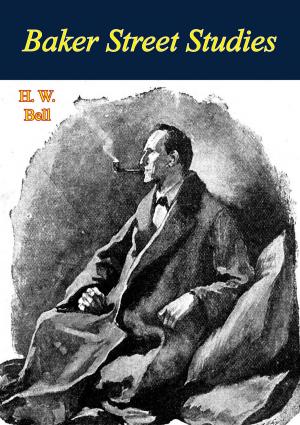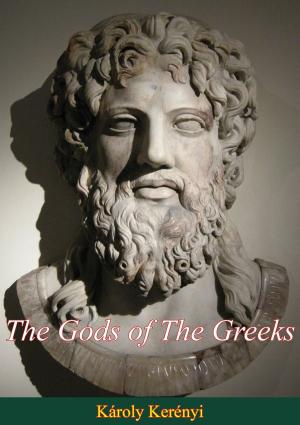| Author: | Sir R. W. Livingstone | ISBN: | 9781787202573 |
| Publisher: | Hauraki Publishing | Publication: | November 11, 2016 |
| Imprint: | Hauraki Publishing | Language: | English |
| Author: | Sir R. W. Livingstone |
| ISBN: | 9781787202573 |
| Publisher: | Hauraki Publishing |
| Publication: | November 11, 2016 |
| Imprint: | Hauraki Publishing |
| Language: | English |
This book represents a collection of lectures delivered between October 1-4, 1934 by the author, Sir Richard Winn Livingstone, on the Charles Martin Foundation at Oberlin College, Ohio. The book was first published a year later in 1935. Sir Livingstone was then President of Corpus Christi College at the University of Oxford.
“The title of these lectures is Greek Ideals and Modern Life. They are a plea for Greek studies—not as a field of scholarship, not as a mental discipline, not even as the key to one of the two greatest literatures of Europe, but as indispensable to the spiritual life of our civilization. They are based on three assumptions: first, that Huxley was right in his belief that ‘no human being, and no society composed of human beings, ever did, or ever will, come to much, unless their conduct was governed and guided by the love of some ethical ideal’; second, that the chief weakness of this age is a vague mind and a feeble grasp, so far as ethical ideals are concerned; and third, that Greece offers us a corrective of our errors and a guide in our uncertainties.”
This book represents a collection of lectures delivered between October 1-4, 1934 by the author, Sir Richard Winn Livingstone, on the Charles Martin Foundation at Oberlin College, Ohio. The book was first published a year later in 1935. Sir Livingstone was then President of Corpus Christi College at the University of Oxford.
“The title of these lectures is Greek Ideals and Modern Life. They are a plea for Greek studies—not as a field of scholarship, not as a mental discipline, not even as the key to one of the two greatest literatures of Europe, but as indispensable to the spiritual life of our civilization. They are based on three assumptions: first, that Huxley was right in his belief that ‘no human being, and no society composed of human beings, ever did, or ever will, come to much, unless their conduct was governed and guided by the love of some ethical ideal’; second, that the chief weakness of this age is a vague mind and a feeble grasp, so far as ethical ideals are concerned; and third, that Greece offers us a corrective of our errors and a guide in our uncertainties.”


![Cover of the book The Blue Book of The John Birch Society [Fifth Edition] by Sir R. W. Livingstone](https://www.kuoky.com/images/2016/august/300x300/9781787200494-fMOA_300x.jpg)









![Cover of the book The Mainspring of Human Progress [Revised Edition] by Sir R. W. Livingstone](https://www.kuoky.com/images/2016/october/300x300/9781787201255-MK9S_300x.jpg)


